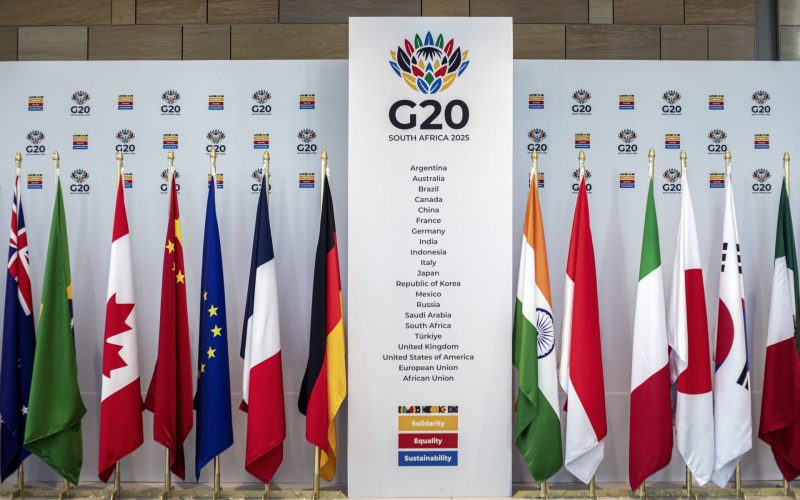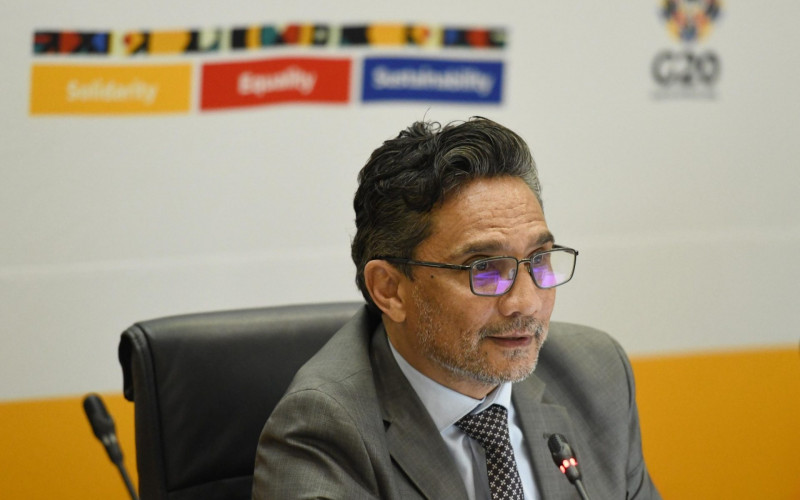For many developing countries, multilateral development banks (MDBs) are important in addressing their infrastructure financing deficits. MDBs have historically dictated the terms of financing by prescribing rules on financial management and environmental and social safeguards, despite the presence of similar systems in the relevant countries. Increasingly, however, both MDBs and their borrowers are seeking to eliminate such extra requirements in favour of the full utilisation of countries’ own domestic systems and processes, broadly referred to as the ‘use of country systems’ (UCS). The defining benefit of greater UCS to MDBs is that it respects the sovereignty of countries by not imposing external conditionalities. UCS also promotes national ownership of development projects by increasing the involvement of domestic actors, institutions and processes, and hence increasing projects’ sustainability. At the same time, UCS can strengthen domestic systems through greater utilisation, thereby exposing deficiencies that can be corrected and eliminating the duplication of costs and efforts engendered by parallel systems. Ultimately, UCS gives developing countries a greater stake in their own development trajectory, as well as the tools to manage the process better. Yet the greater uptake of an UCS approach by MDBs and borrowers has been hampered by a number of key challenges. Firstly, UCS increases financial, reputational and development risks for all participants, notably around procurement functions. Secondly, the inflexibility of MDBs’ approaches to safeguards, together with implementation challenges, has hindered greater uptake. Thirdly, borrowers and MDBs face political challenges that hinder greater cooperation in this regard. Lastly, both MDBs and countries often lack the capacity to adequately implement UCS. This discussion paper explores the opportunities and challenges facing UCS in Africa by critically examining both literature and case studies of select African countries (Kenya, Morocco and South Africa) and their perceptions of and experiences with UCS. Ultimately, the research aims to contribute to a better understanding of UCS to inform the approach of MDBs operating in Africa – both established MDBs and emerging MDBs such as the New Development Bank.








